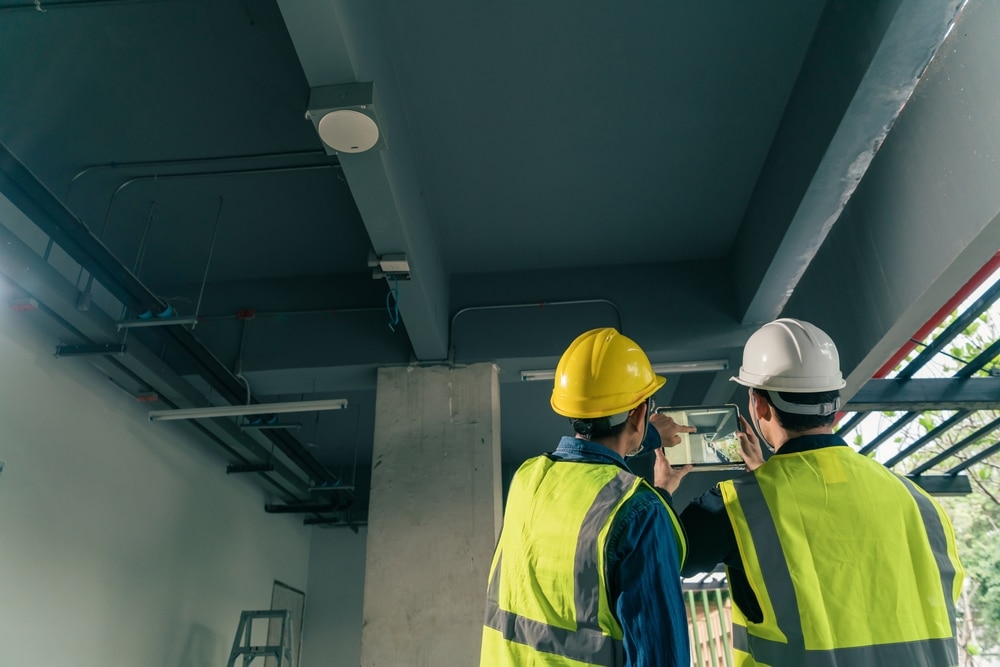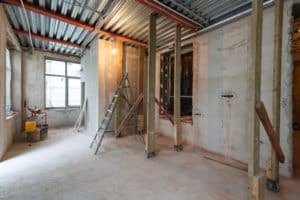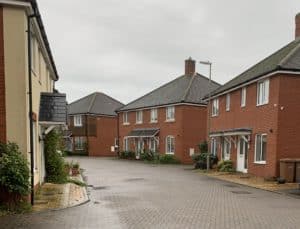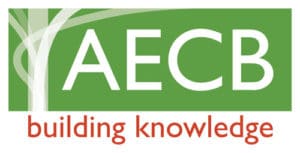It’s another year and another opportunity to look ahead at the energy efficiency trends set to hit the construction industry. Read our latest blog on our predictions for 2025.
As we close the door on the longest January on record, the construction industry is embracing a new wave of energy efficiency trends that are not only environmentally sustainable but also cost-effective. In the face of growing concerns about climate change, rising energy costs, and the push for sustainable building practices, energy-efficient construction continues to be at the forefront of the net zero goals. Whether you’re a contractor, architect, or project manager, staying ahead of these trends is key to remaining competitive and meeting the demands of modern construction.
In this blog, we’ll explore the key energy efficiency trends for 2025 that are transforming the construction industry and how they can impact your next project.
1. Net-zero energy buildings: no longer a ‘nice to have’.
A Net-Zero Energy Building (NZEB) produces as much energy as it consumes over the course of a year. With the global drive for carbon neutrality, NZEBs are becoming a standard in both residential and commercial construction. In 2025, it is expected that these buildings will no longer be a niche but will become the norm (something we are very happy about).
Key Features of NZEBs:
- High-performance insulation and windows
- Onsite renewable energy generation, such as solar panels or wind turbines
- Energy-efficient HVAC systems
- Smart energy management systems
The UK Government is offering financial incentives, like grants, rebates and tax credits, for projects that meet net-zero standards, making it more accessible for developers and building owners.
2. Smart buildings and IoT integration.
The rise of smart buildings is significantly influencing energy efficiency in construction. With the Internet of Things (IoT) becoming more integrated into building systems, energy management is becoming more automated and precise.
Sensors, automated systems, and real-time data collection allow for optimised energy use, such as adjusting lighting, temperature, and HVAC systems based on occupancy or weather conditions. This results in significant energy savings and a more comfortable building environment.
According to a study by Rethink Technology Research, the smart building market will grow to $92.5bn globally by the end of 2025; up from around $4.2bn in 2019.
Key technologies of these buildings include:
- Smart thermostats (e.g., Nest, Ecobee)
- Automated lighting systems
- Energy management software
- Predictive maintenance for HVAC systems
For more advice, read our blog Sustainable Smart Home Construction Ideas.
3. More advanced insulation materials.
Better insulation is at the core of energy-efficient buildings, and 2025 will see an even broader use of advanced insulation materials. Beyond traditional fibreglass insulation, newer materials are providing superior thermal resistance while being lighter and more sustainable. These (among others) include:
- Aerogel: This highly efficient material is about 15 times less conductive than air and is being used in high-performance applications like walls, windows, and roofs.
- Vacuum Insulation Panels (VIPs): Offering exceptional thermal performance, VIPs are being used in commercial and industrial settings to minimize energy loss.
- Phase Change Materials (PCMs): These materials absorb and release thermal energy as they transition between solid and liquid states, helping to stabilize indoor temperatures.
These materials are contributing to the creation of “passive houses,” which consume far less energy than traditional buildings. Passive house standards are expected to be more widely adopted by 2025, with many European countries leading the charge.
READ NEXT: NEW TO PASSIVHAUS? HERE’S WHAT YOU NEED TO KNOW.
4. Solar power and energy storage integration.
Solar power continues to be a primary player in energy-efficient construction. However, 2025 will see even more integration between solar power systems and energy storage solutions. With advances in battery technology, buildings can now store excess energy generated during the day and use it when demand is higher, such as during the night or cloudy days.
The integration of solar photovoltaics (PV) with battery energy storage systems (BESS) can drastically reduce a building’s dependence on the grid. For commercial buildings, this can lead to reduced utility costs and improved energy security.
5. A growing focus on sustainable building materials.
In 2025, energy efficiency will extend beyond just the building’s energy use. Sustainable construction materials are an essential part of energy-efficient design. These materials not only help conserve energy but also reduce the environmental impact of construction projects.
Key trends in sustainable building materials include:
- Recycled and upcycled materials: Steel, concrete, and glass are increasingly being reused or repurposed to reduce the carbon footprint of construction projects.
- Low-carbon concrete: Innovations in concrete, such as low-carbon or carbon-neutral options, are helping to address one of the construction industry’s largest sources of CO2 emissions.
- Wood products: Cross-laminated timber (CLT) is gaining popularity for its carbon-sequestering properties and sustainability.
Sustainable materials can improve both energy performance and the overall environmental footprint of a building, aligning with global sustainability goals.
PIN FOR LATER: A GUIDE TO THE MOST ECO-FRIENDLY BUILD MATERIALS.
6. Building information modeling (BIM) for energy efficiency.
Building Information Modeling (BIM) has been a game-changer for the construction industry, and its role in energy efficiency is expanding rapidly. In 2025, the integration of BIM with energy analysis tools will become more refined, enabling construction teams to design buildings with optimised energy performance from the outset.
BIM allows for accurate energy modeling, which helps teams simulate how a building will perform before it is constructed. This can highlight inefficiencies, such as heat loss or overuse of energy, allowing for design adjustments before construction begins. Benefits include more accurate energy performance predictions, faster identification of inefficiencies, collaboration across disciplines (architects, engineers, contractors) and streamlined compliance with energy regulations.
7. Circular economy principles in construction.
The circular economy concept, which focuses on minimising waste and maximising resource efficiency, is gaining traction in the construction industry. By adopting circular principles, construction companies can reduce the environmental impact of their buildings while also saving on material costs. Key practices include:
- Designing buildings for disassembly, so materials can be reused or recycled at the end of their life
- Using recycled or reclaimed materials in construction
- Reducing construction waste by rethinking design and procurement practices
As we move through 2025, circular construction is expected to be more widespread, as both regulatory pressures and consumer demand for sustainable practices increase.
Can Buildpass help me stay on top of energy efficiency in 2025?
You bet! As the construction industry undergoes a significant transformation, it’s critical that construction professionals utilise smart smart technologies, advanced insulation, and the use of sustainable materials.
We believe these energy trends will soon become commonplace, making construction projects more energy-efficient, cost-effective, and environmentally friendly. And this matters, as the future of construction is not just about building structures—it’s about creating efficient, sustainable environments that will benefit generations to come.
For more advice and support, get in touch with a member of our friendly team.




















